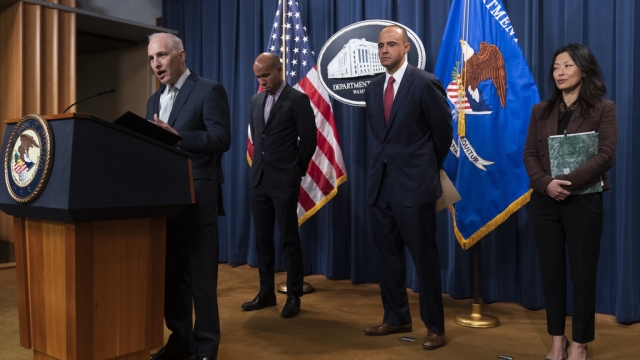The U.S. Department of Justice announced that British American Tobacco and BAT Marketing Singapore — a subsidiary of the tobacco giant — would pay a historic penalty related to violations of U.S. sanctions on North Korea.
BAT entered into a deferred prosecution agreement with the DOJ, while BATMS pleaded guilty to bank fraud along with other charges levied by the department.
"The agreement and the plea resolve charges for bank fraud and for violations of U.S. sanctions against North Korea. Under this agreement, British American Tobacco will pay more than $629 million in penalties. This is the single largest North Korean sanctions penalty in the history of the Department of Justice," said Matthew Olsen, a DOJ assistant attorney general.
The DOJ accuses the company of forming a scheme to do business with North Korea by using a third-party company in Singapore.
Matthew M. Graves, a U.S. attorney, said, "The charges unsealed today illustrate that the Department of Justice will hold North Korean facilitators accountable for their illegal efforts to prop up the North Korean regime, and assist it in obtaining funds to develop nuclear weapons."
Olsen said, "British American Tobacco and its subsidiary engaged in an elaborate scheme to circumvent U.S. sanctions and sell tobacco products to North Korea in violation of U.S. law."
The DOJ accuses the tobacco giant of being involved in a scheme between 2009 and 2019 during which the company purchased leaf tobacco for entities owned by North Korea. The DOJ alleges that front companies were used, along with falsified documents, to convince U.S. financial organizations to process at least 310 transactions. The DOJ says those transactions were worth around $74 million.
Financial institutions in the U.S. have a policy to freeze, block, investigate or decline such transactions involving sanctioned states, but in this case the DOJ says falsified documents were part of what caused the transactions to be processed.
SEE MORE: China vows not to sell arms to any party in Ukraine war
Trending stories at Scrippsnews.com



